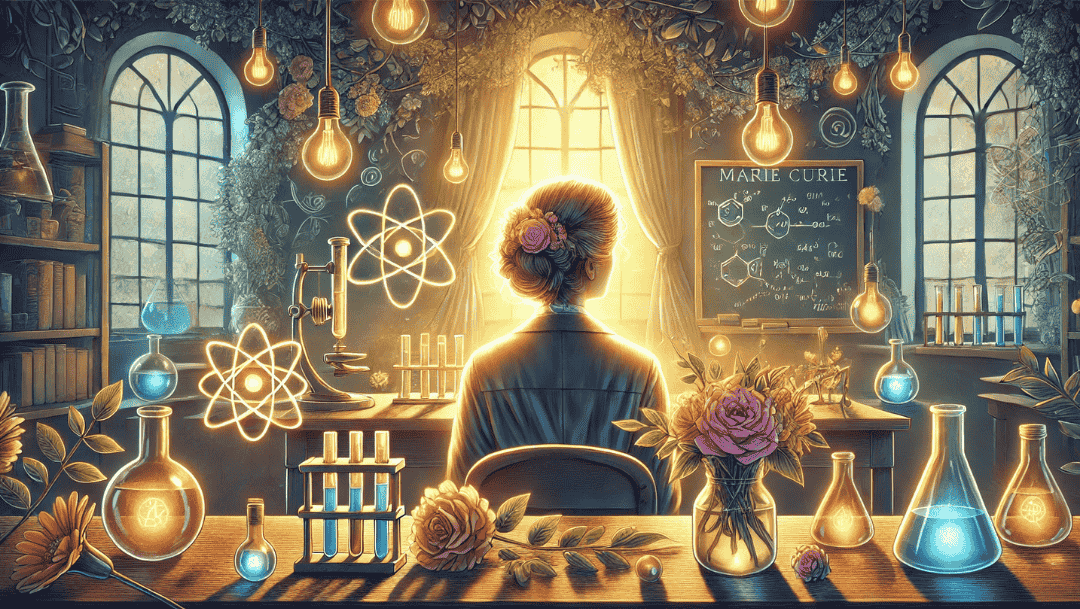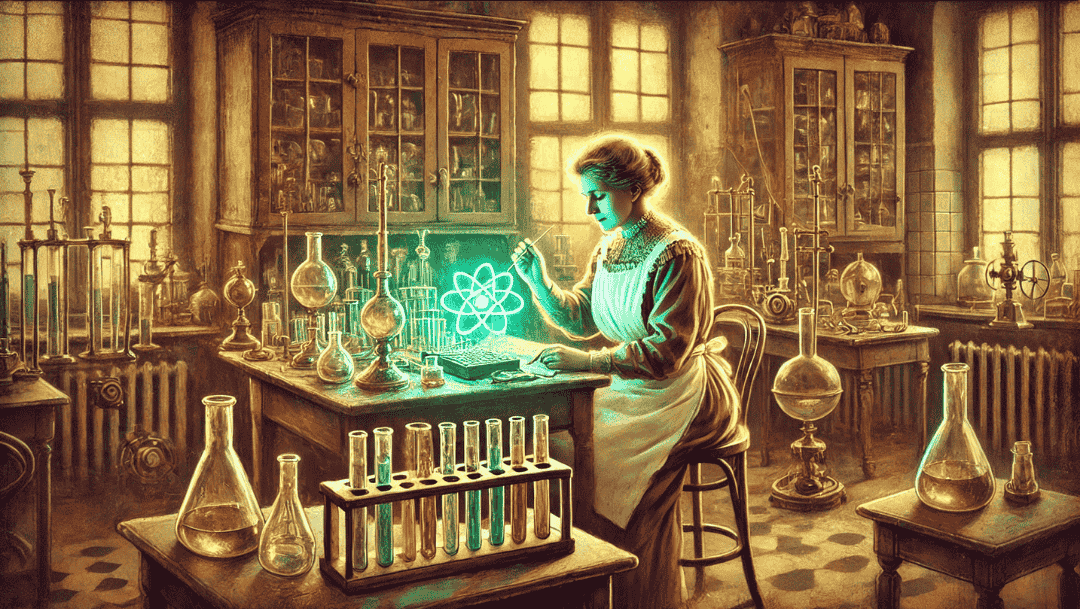
The Extraordinary Strength of Marie Curie
This is the second article in our “Women Who Overcame” series. The extraordinary strength of Marie Curie, today, we explore and, celebrate the incredible resilience of women who shaped history a pioneer in science who broke barriers and revolutionized medicine.
Prepare to be inspired!
Marie Curie: A Pioneer Forged in Adversity
Marie Curie’s name is synonymous with radioactivity—a term she coined. Her discoveries transformed physics and chemistry, laying the groundwork for modern medical treatments. Behind her monumental achievements lies a story of relentless perseverance through sexism, financial struggles, and physical danger.
This blog delves into her life, revealing the obstacles she overcame to leave an indelible mark on history.
Early Life: Resilience in the Face of Adversity
Born in 1867 in Warsaw, Poland, then under Russian control, Maria Skłodowska faced political oppression and limited educational opportunities for women. Inspired by her father’s love for science, she sought knowledge through the underground “Flying University,” a network that defied Russian restrictions on education.
To fund her sister’s medical education, Marie worked as a governess. Later, her sister supported her studies at the Sorbonne in Paris. Living in poverty, Marie excelled in physics and mathematics, earning top honours through sheer determination.
Breaking Scientific Boundaries
In Paris, Marie met Pierre Curie, her partner in science and life. Together, they discovered polonium and radium, groundbreaking elements that redefined atomic science. Working in a poorly equipped lab, the couple processed tons of pitchblende to isolate these elements, often exposing themselves to radiation hazards.
Their discovery of radioactivity earned them the 1903 Nobel Prize in Physics, shared with Henri Becquerel. However, initial plans excluded Marie’s contributions, and it was only after Pierre’s insistence that her name was included.
Overcoming Prejudice and Hardship
Despite her achievements, Marie faced sexism and xenophobia. After Pierre’s tragic death in 1906, she became the first woman to hold a professorship at the Sorbonne. Her groundbreaking work earned her a second Nobel Prize in 1911, but a media smear campaign falsely accused her of an affair, tarnishing her reputation temporarily.
A Legacy of Inspiration
Marie Curie’s contributions revolutionized medicine, particularly in cancer treatment. During World War I, she developed mobile X-ray units, saving countless lives. Her legacy extends beyond science, inspiring generations of women to break barriers and pursue their dreams.
Marie Curie’s life is a testament to perseverance, courage, and the transformative power of knowledge.
Tell us what you think about this amazing woman in the Comments section below.




This Post Has 0 Comments